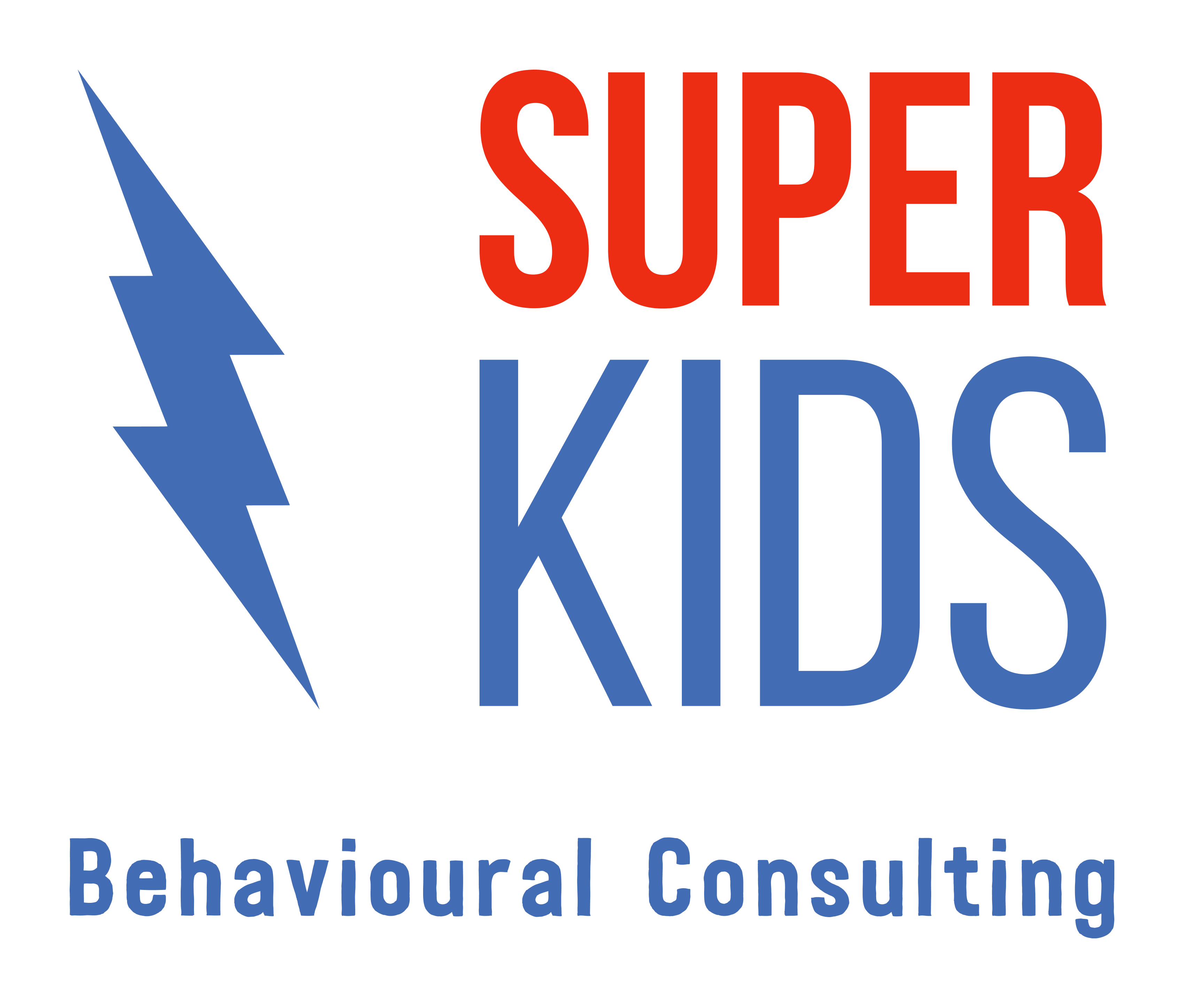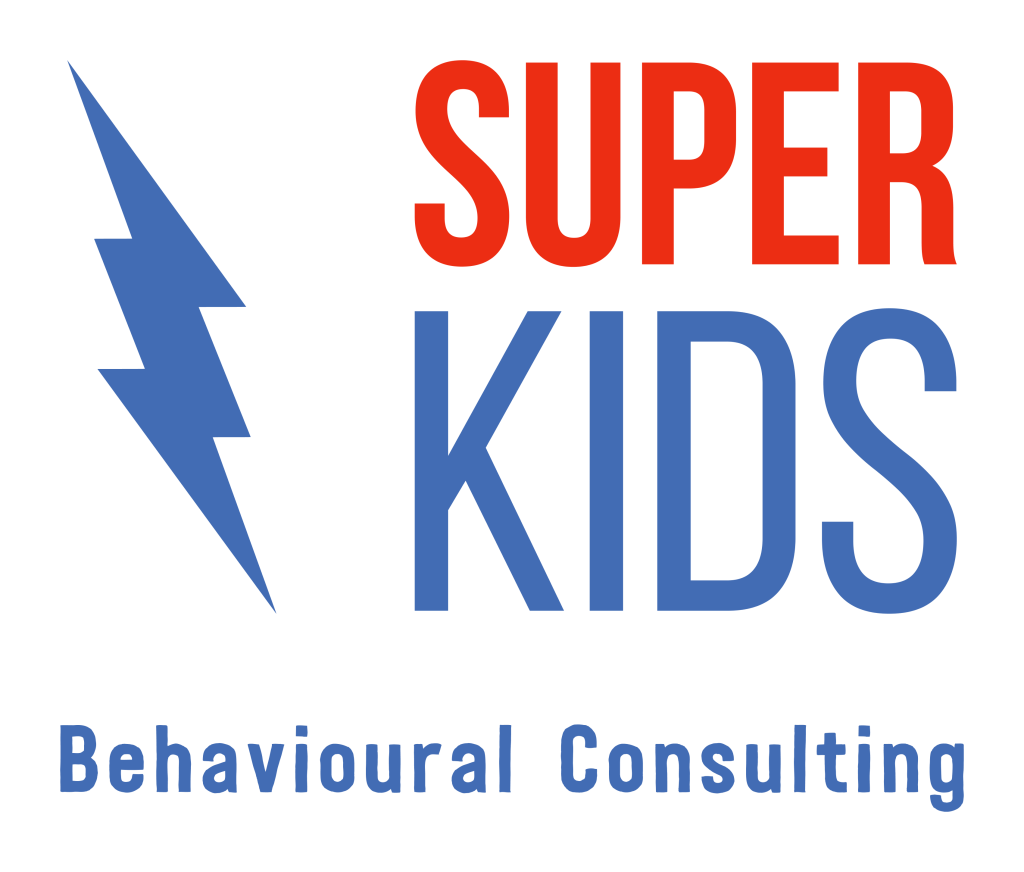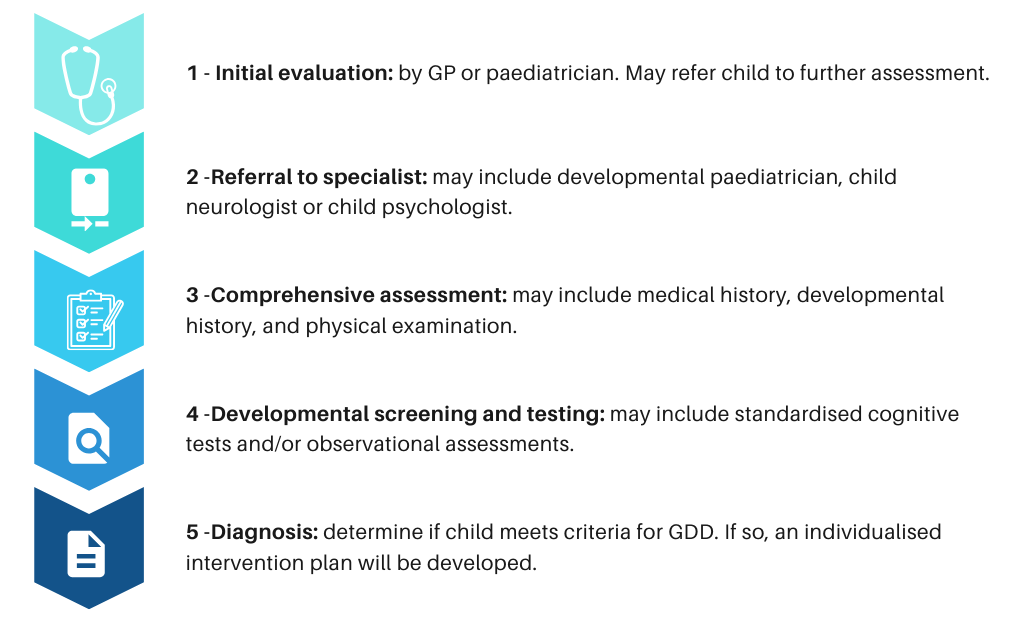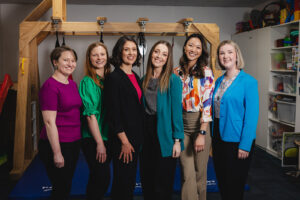Global Developmental Delay (GDD)

Renee Collins
Clinical Director

What is Global Developmental Delay or GDD?
Global developmental delay (GDD) is a broad diagnosis for children under the age of 5 who exhibit a delay in two or more developmental domains (American Psychiatric Association, 2013). These delays interfere with the child’s normal daily functioning. Sometimes the terms ‘developmental delay’ and ‘global developmental delay’ are used interchangeably.
These developmental domains includes :
- Cognitive skills: the ability to think, learn, and deal with problems
- Speech and language skills: The ability to use, communicate, and understand
- Language
- Fine and gross motor skills: The ability to use small and large muscles in the body
- Social and emotional skills: The ability to express, connect, and relate to other people
- Daily living activities: The ability to handle daily tasks (i.e. dressing, eating, hygiene)
GDD diagnosis is often perceived as a preliminary diagnosis. Some individuals who are diagnosed with GDD are often reassessed when they are over five years old to gain a better understanding of their developmental progress. Often a health professionals use the term ‘developmental delay’ until they can work out what’s causing the delay and usually up until the age of 5 years. If and when they find the cause, they’ll use a term that better explains the child’s condition. This may include a learning disability, intellectual disability or cerebral palsy. Not all children with developmental delay will have a developmental disability. Developmental delays can be short term, such as during a phase of prolonged illness, or persistent. Diagnosis is guided by the Diagnostic and Statistical Manual for Mental Disorders, 5th edn (DSM-5-TR) and is usually done by a paediatrician or psychologist.
What are the symptoms of Global Developmental Delay?
GDD involves a delay in at least two or more of the following domains:
 The degree of the delay is further sub-classified as:
The degree of the delay is further sub-classified as:
- Mild (functional age <33% below chronological age)
- Moderate (functional age 34-66% of chronological age)
- Severe (functional age <66 % of chronological age)
What are the causes of GDD?
There is no single cause of GDD and it can be caused by various factors. Research (Belanger & Caron, 2018) suggests causes of GDD include:
Genetic factors
- Chromosomal abnormalities (including Down syndrome and Turner syndrome)
- Genetic mutations (including Fragile X syndrome or Rett syndrome)
Prenatal factors
- Exposure to teratogens (including harmful substances such as alcohol or drugs)
- Infections during pregnancy (including toxoplasmosis, rubella, cytomegalovirus, or HSV)
Perinatal factors
- Birth complications (including prematurity, low birth weight, hypoxia)
- Neonatal issues (including severe jaundice, infections, brain injury)
Environmental factors
- Nutritional deficiencies
- Emotional/physical abuse and neglect
- Trauma
Medical conditions
- Metabolic disorders (including phenylketonuria or hypothyroidism)
- Chronic illnesses
- Vision or hearing loss
Other
- Exposure to environmental toxins (including lead poisoning or exposure to other toxic substances)
How do you get a Global Developmental Delay diagnosis?
How does Global Developmental Delay affect learning?
- Delayed cognitive skills – this affects a child’s ability to process information and perform academic tasks. This can lead to difficulty in areas such as reading, writing, and mathematics
- Delayed speech and language skills – this affects a child’s ability to effectively communicate, understand instructions and participate in classroom activities
- Delayed motor skills – this affects a child’s coordination. This can impact their ability to participate in educational activities such as writing
- Behavioural and emotional challenges – this affects a child’s ability to participate and cooperate with learning tasks
Intervention & Therapy Options for GDD
Early intervention is important for GDD, as it can provide support and therapies that can significantly improve a child’s development and long-term outcomes. Early intervention may involve a combination of therapies, such as speech therapy, occupational therapy, and ABA therapy. These therapies focus on improving communication, social interaction, and adaptive skills, while also addressing challenging behaviours. Super Kids Behavioural Consulting provides individualised programs for children with GDD to help them develop new skills and overcome common barriers.
Where to go from here?
Below are some helpful resources on GDD and therapy options:
Super Kids acknowledges each individual’s personal preference to use identity-first or person-first language to describe themselves or their loved one. We interchangeably use both language conventions and therefore refer to both Autistic children and children with Autism.






